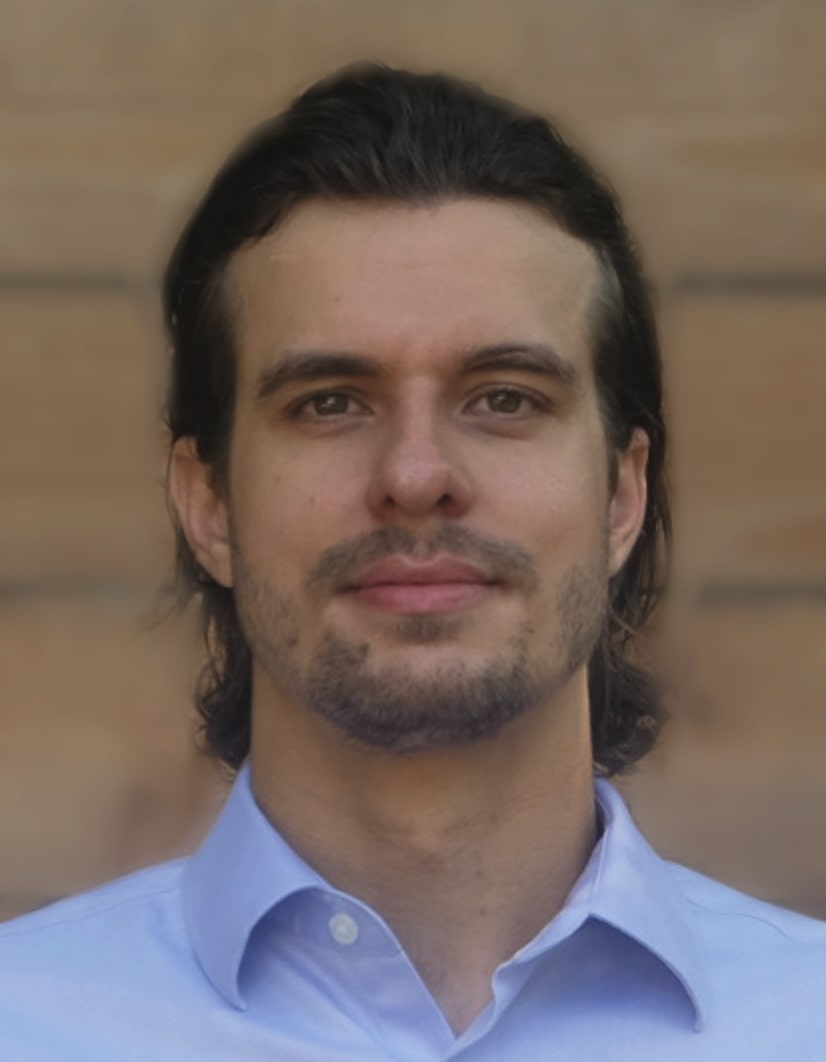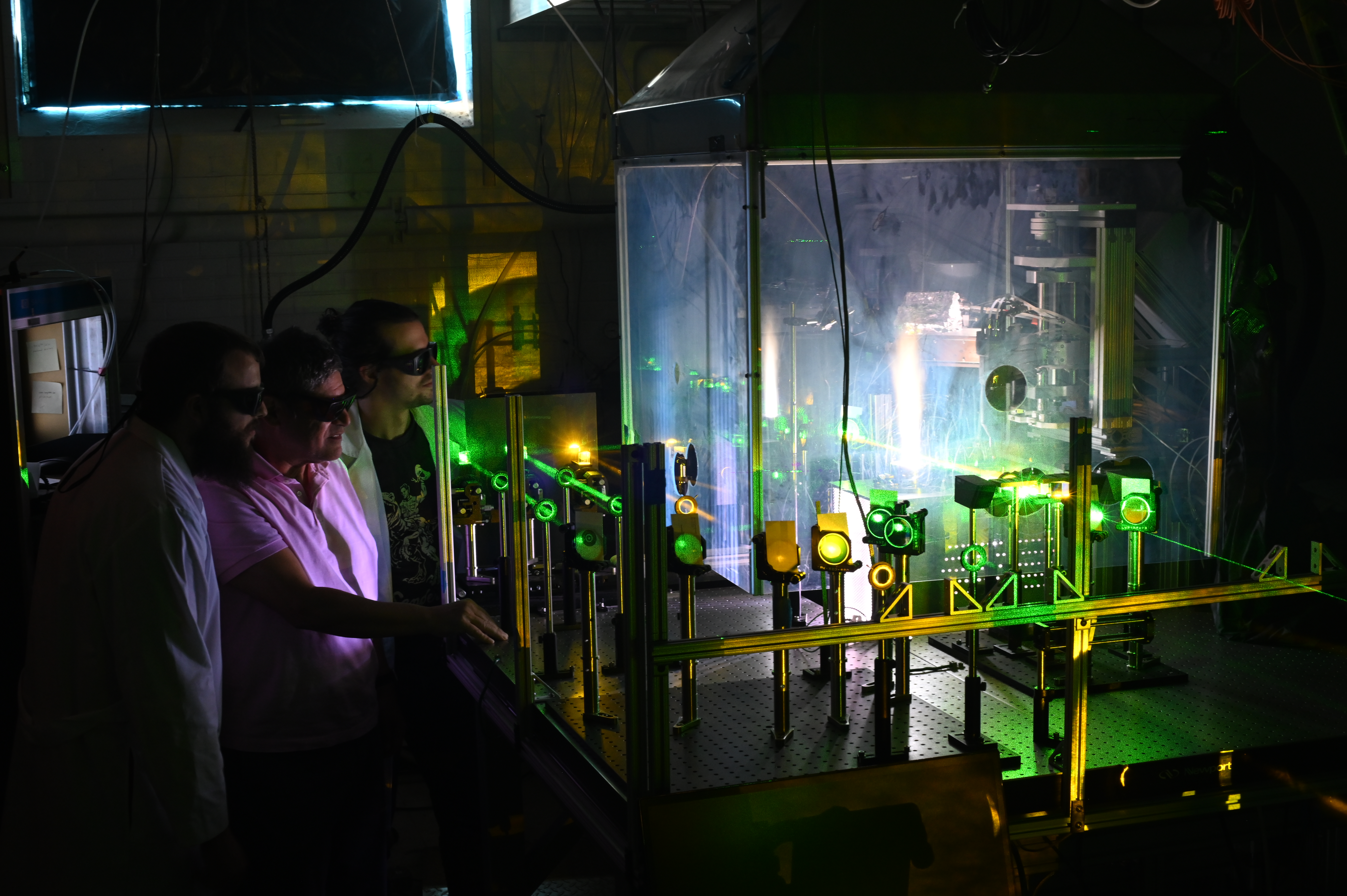Dan Fries is a researcher driven by curiosity and a passion for space exploration. Hailing from Germany, Dan's journey from a childhood steeped in science fiction to the forefront of aerospace engineering and computational science is a testament to his fascination with what lies beyond the boundary of Earth’s atmosphere.
"I've always been fascinated with space and space exploration," Dan shares, reflecting on the roots of his journey. "The technology associated with it, and the perspective it gives for the lives of humans.
Laughing, he admits, “Going back to when I was five years old, I always liked playing with Legos and watching Star Trek and Star Wars. I like doing things with my hands. That’s actually why I came to the United States - I was mostly working as a computationalist in Germany and got an offer for experimental work in the U.S.”
After earning his PhD in Aerospace Engineering from the Georgia Institute of Technology, Dan found himself at the intersection of theory and practice, exploring the mysteries of turbulent mixing, combustion, and ignition in subsonic and supersonic flows.
Today, as a research associate at the Oden Institute for Computational Engineering and Sciences, Dan's focus remains on the experimental exploration and characterization of inductively coupled plasmas. In the Oden Institute’s Predictive Engineering and Computational Sciences Group (PECOS), he is currently working on the PSAAP III Project.
The PSAAP, or Predictive Science Academic Alliance Program, is a significant research initiative jointly funded by the US Department of Energy and the National Nuclear Security Administration. One of the major research thrusts being pursued within PECOS is the development of high fidelity simulations of an inductively coupled plasma (ICP) torch, supported by the PSAAP and close collaborations with Lawrence Livermore, Los Alamos, and Sandia National Laboratories.
“The work itself is very fundamental,” Dan explains. “I work on the experimental side of it, doing a lot of the characterization of the target systems, primarily with the 50 kW plasma torch we have in the Center for Aeromechanics Research and the Flowfield Imaging Laboratory here at UT.”
“The primary goal of the project is to develop exa-scale computing capabilities,” he notes, “but really it goes into a lot of other fields, such as the development of fusion energy systems and the development of reentry capabilities. So, there are a lot of different interesting aspects on the experimental side." Beyond that, the tight collaboration with computational researchers at the Oden Institute allows him to implement new approaches into his experimental work and to leverage what can be learned from the experimental results themselves.

